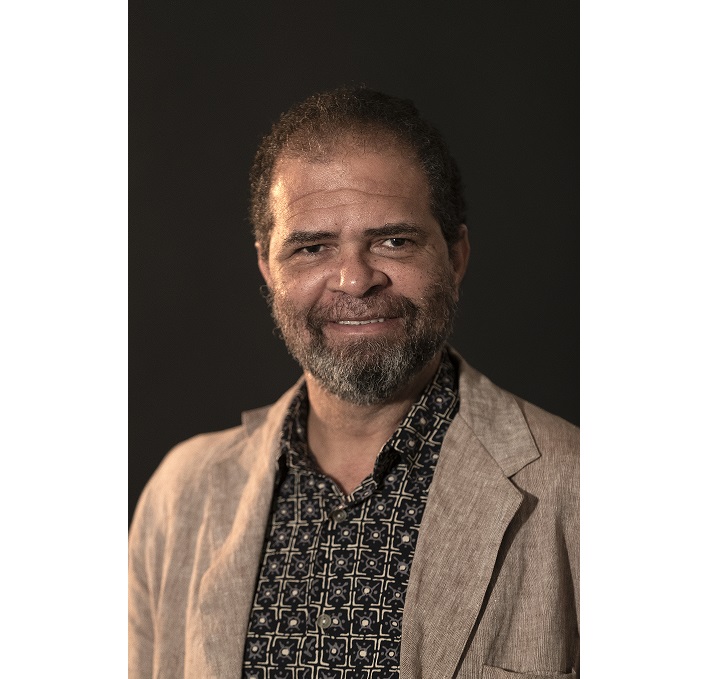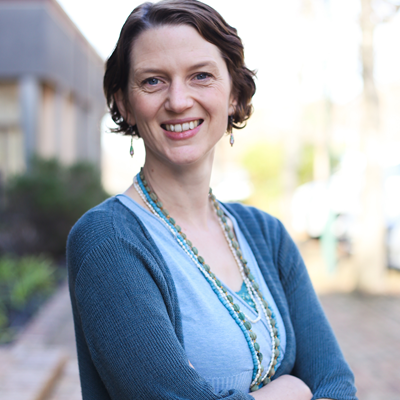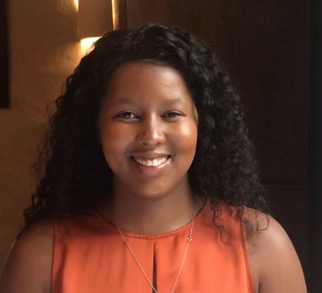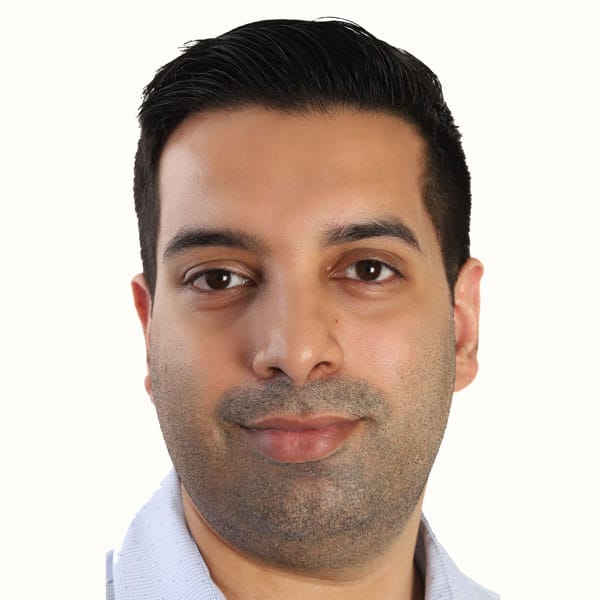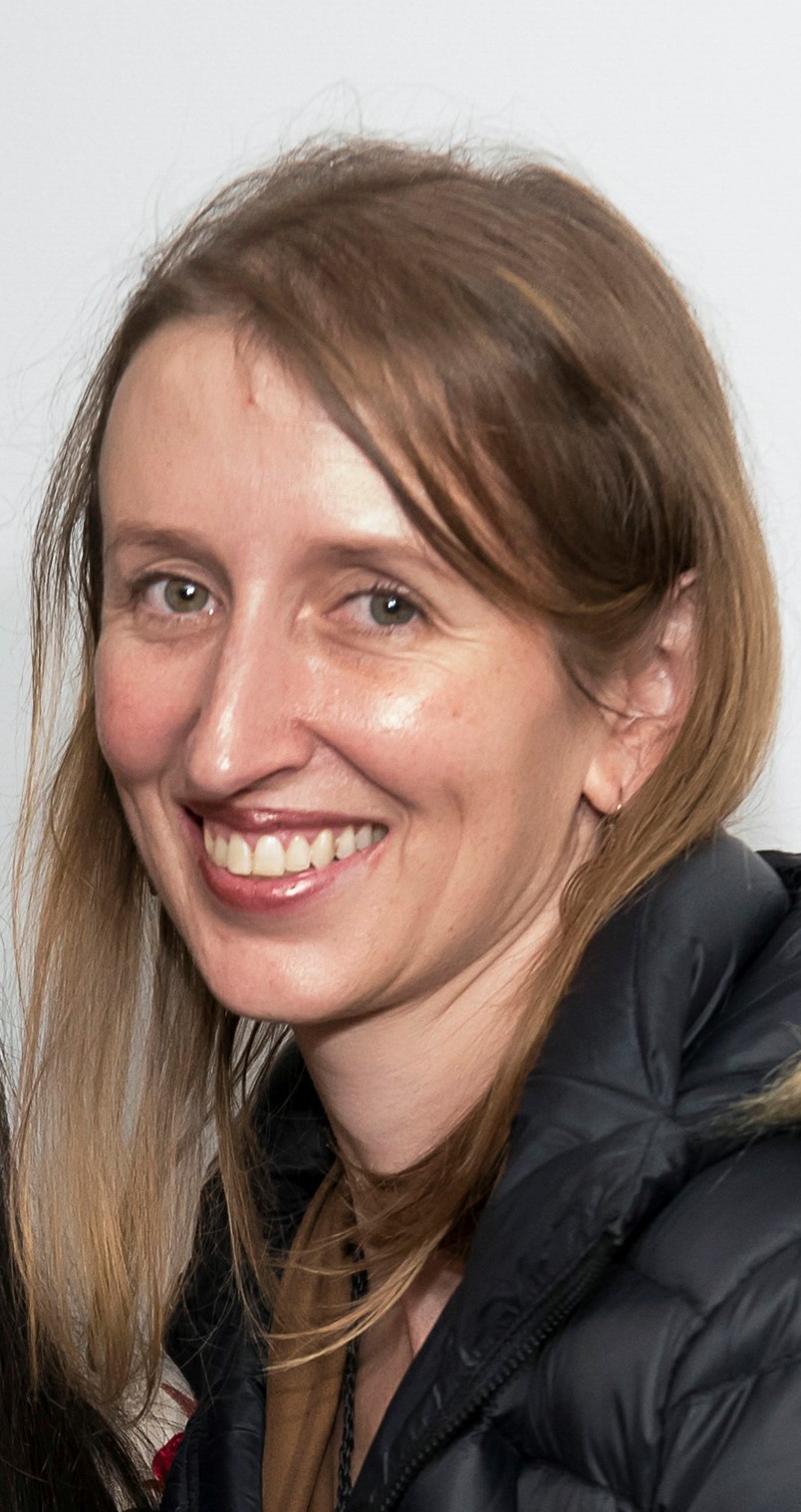Building evaluation capacity in South Africa: gLOCAL concerns and efforts
gLOCAL Evaluation Week 2021: Sharing local & global M&E knowledge
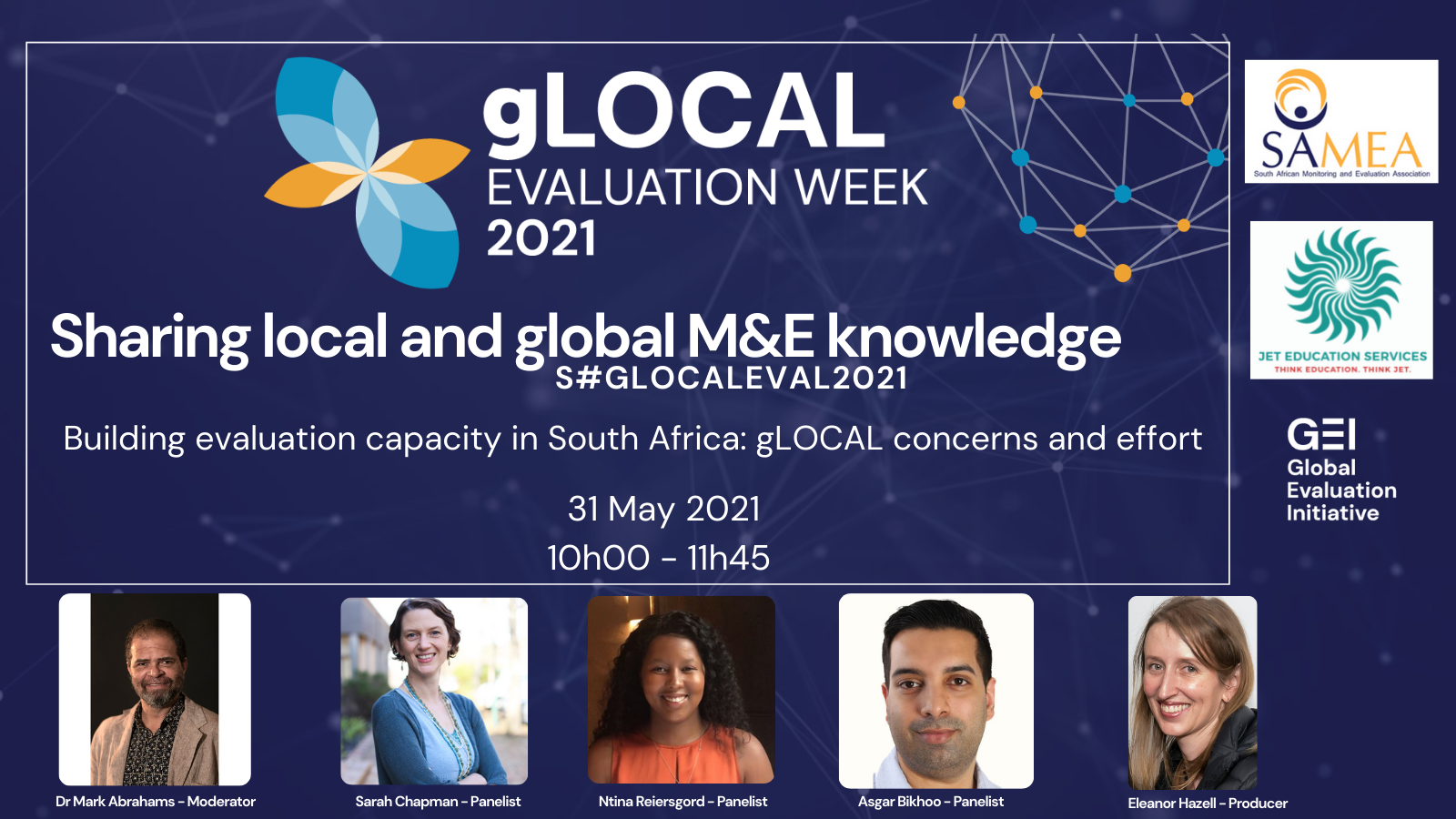
gLOCAL Evaluation Week 2021
Building evaluation capacity in South Africa: gLOCAL concerns and efforts
31 May 2021
10h00 - 11h45
Hosted on Zoom
Register here
Summary
The building blocks for strengthening our National M&E systems and our ability to respond effectively to crises events in South Africa are embedded in our capacity development initiatives, both formal and informal. In the main however, prospective, and emerging evaluators rely on the content and processes made available at our universities. At postgraduate diploma level Stellenbosch University students study the principles and paradigms of evaluation studies, the focus on clarification evaluation, process evaluation and programme monitoring, data collection methods for evaluation research as well as statistical and qualitative analysis methods for evaluation. The students’ competencies are assessed, among other ways, in a required written evaluation report. The Master level course in programme evaluation at the University of Cape Town is a specialised degree that provides students with comprehensive knowledge and skills of evaluation theory and practice. Its aim is to produce graduates that go on to improve the quality, accountability and transparency of a wide range of social and development programmes. The applied curriculum straddles an innovative interdisciplinary space that has been influenced by the latest developments in evaluation theory and practice.
These programmes and many others (at universities and institutions across the country) put in place the initial strategies that emerging evaluators use to enter the field of evaluation in government departments, development agencies, non-government Organisations (NGOs), civil society organisations (CSOs) and/or community-based organisations (CBOs). Our understanding of the capacity development process is that it is NOT a linear process, that ‘building blocks’ cannot be construed as a neat pile of blocks that interlock to construct an unwavering, well-balanced structure nor does it lead everyone (in evaluation) to pursue and follow the same developmental trajectories.
In this online gLOCAL sharing opportunity we ask an academic to critically reflect on his/her experiences and insights into what they do at the university to prepare their students for the ‘real world’ of evaluation.
He/she will address the following question.
Question 1. What do you do in your university M&E course/ module that prepare your graduates for the challenges they will face as evaluators? How do or can these ‘foundational’ strategies/ competencies/ orientations assist them to deal with crises events such as the COVID-19 pandemic?
We will hear from a recent graduate of one of these courses who is now an Emerging Evaluator about her experiences as a student and the experiences of engaging in the field of evaluation in the workplace.
Question 2. What specific university M&E course content or processes did you draw on to satisfy evaluation work requirements as emerging evaluator? How well did the course content or processes prepare you for the ‘real world’ of evaluation?
The building of capacity is an ongoing challenge that demands time, effort and must be focused, and be relevant to the needs of evaluators. We will hear from one of the conveners of the Western Cape M&E CoP about the need for such a structure also how it responded to the COVID-19 crisis.
Question 3. Why is there a need for the Western Cape M&E CoP? What has it achieved and how? How did the CoP deal with the COVID-19 pandemic? What does the future hold?
Purpose
Participants: We expect that those interested in evaluation; those currently studying evaluation at various institutions; academics who are facilitating capacity development in their countries; and evaluation practitioners will be able to relate to the responses to these questions. We also encourage participants to develop their own questions related to capacity development in the current contexts. These questions will be collected as part of the networking process towards the end of the session.
Moderator: Dr Mark Abrahams: Independent Consultant and Senior Associate with Southern Hemisphere Producer: Eleanor Hazell: Executive Manager: Monitoring and Evaluation - JET Education Services and SAMEA Board member
SpeakersDr Mark Abrahams: Is an Independent M&E and Development Consultant and Senior Associate with Southern Hemisphere, a development consultancy based in Cape Town, South Africa. He is a founder member of the South African Monitoring & Evaluation Association and the Editor-in-chief of the African Evaluation Journal.
Sarah Chapman: Is an Associate Professor at the University of Cape Town, where she specializes in evaluation, implementation research and operations strengthening for a wide variety of development programmes. She is the Director of the Institute for Monitoring and Evaluation at the University of Cape Town, and she also convenes the universities Masters in Programme Evaluation. Her skills include impact, implementation and design/theory evaluations, monitoring framework development, and the use of both quantitative and qualitative data for decision making and programme design.
Ntina Reiersgord: Is an emerging evaluator with a Master’s Degree in Political Science from Stellenbosch University. She has a strong interest in Public Policy and Policy Evaluation in areas of education and social development. She currently works at PDG in the Monitoring and Evaluation practice area. Her skills set include qualitative primary research, data collection, qualitative analysis and report writing.
Asgar Bikhoo: He is the Monitoring and Evaluation Specialist with Allan Gray Orbis Foundation. He served as a Board Member for the South African Monitoring and Evaluation Association (SAMEA) from 2016 to 2019 and has been involved in providing M&E capacity support through his involvement in the BRIDGE-SAMEA M&E Community of Practice and in his own personal consulting capacity.
Eleanor Hazell: is a monitoring and evaluation (M&E) specialist and researcher with’ experience in the non-profit and public sector environments in South Africa, Sub-Saharan Africa and the United Kingdom. She is passionate about M&E and has a wealth of experience conducting M&E and research for education, health and social and socio-economic development projects. Her varied work includes developing M&E frameworks and plans and conducting process, outcomes and impact evaluations. She is an M&E Executive Manager at JET Education Services and a SAMEA Board member.
|

